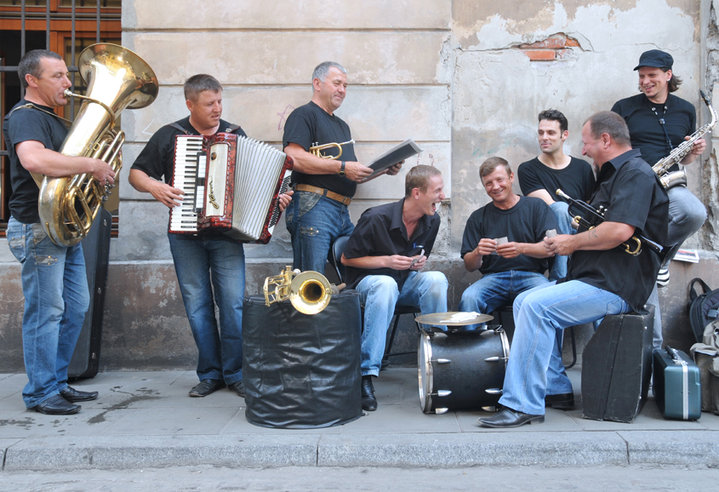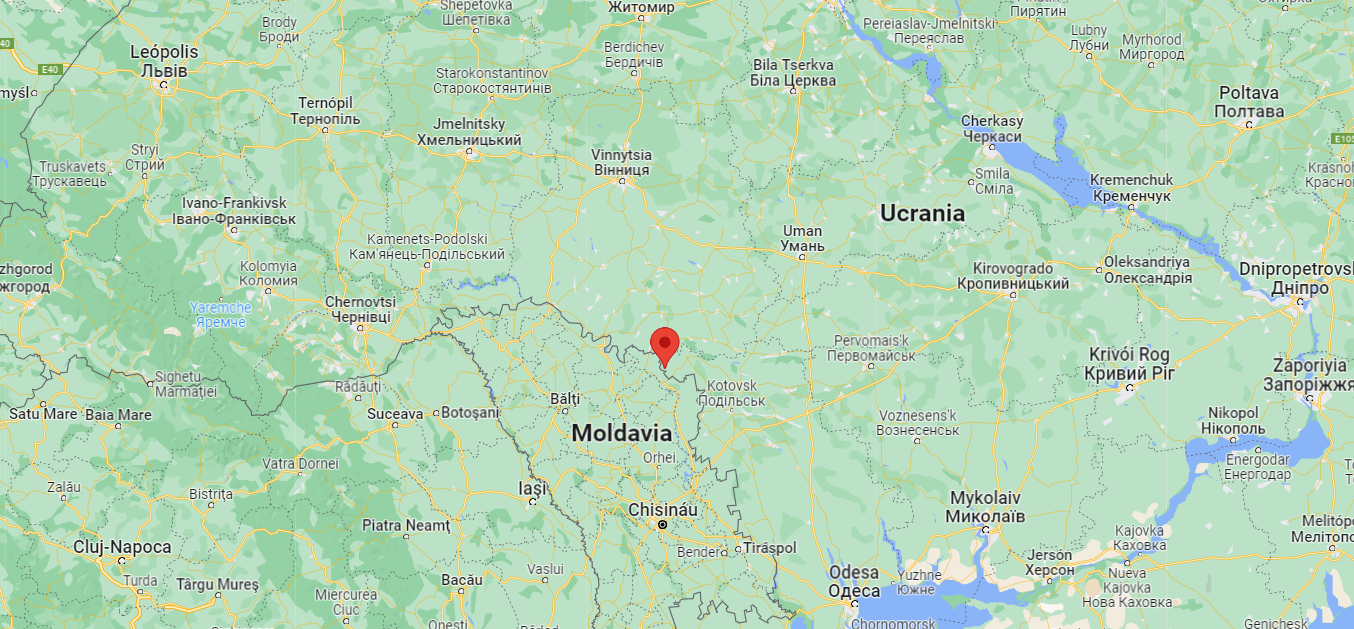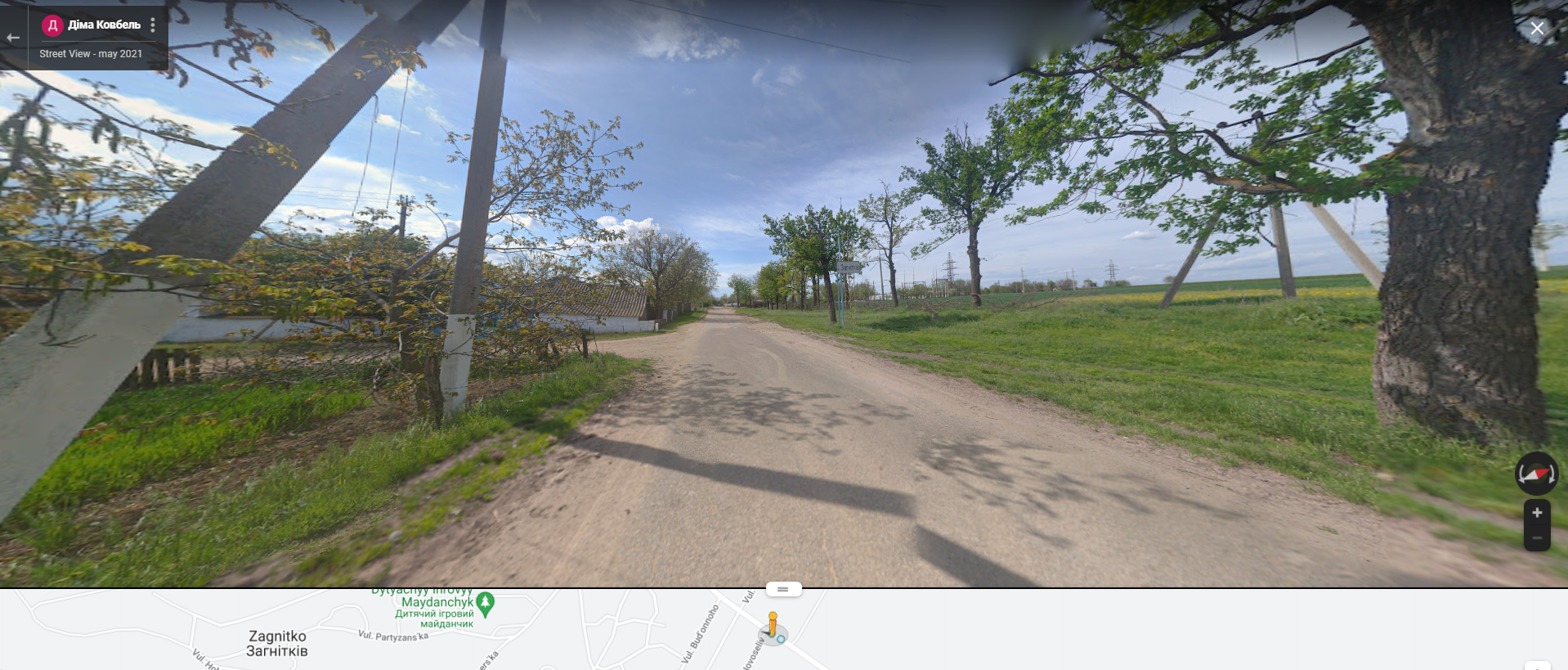4th, March 2022 – Shabbat is almost here
And today we will listen to some music from Ukraine, by Konsonans Retro.
Then, please, spread the word.
| Share this with a friend, right from here |
About Konsonans Retro
Yesterday I contacted the group via their Facebook page, asked them how they were doing and asked for permission to pass on their response. Their message (from Thursday, March 3rd) is:
“Everybody is ok until now – there are no fights in the Kodyma area yet. We hope they won’t come, but we can’t possibly know – Odessa is just a few hours South and very likely to be attacked soon. And we are all very worried about Slava, who is in Kyiv with his family. Thanks a lot for your support, it means a lot in these terrible times! ❤
We are all thinking and praying for our friends and family elsewhere in Ukraine too – like our good friend Gennadiy Fomin and his family, who are being bombed every day and every hour now in Kharkiv (Genna recorded our first album and also played on it) … and so many more!”

From their website:
“Konsonans Retro is a brass band from Kodyma, Ukraine.
When the band first toured internationally just a few years ago, they surprised their audience with music nobody in the West had heard before. The brothers Baranovsky and their in-laws form one of the last brass bands of Podolia, a colourful region once counting more than a hundred ethnic groups. Father Moise Baranovsky passed on his passion for the wild and sweet wedding music of their home, an earthy blend of Moldavian, Ukrainian and Jewish tunes, flavoured with heartwarming Ukrainian a-capella song.
[..]
In 2006, the Baranovsky brothers joined forces with “klezmer clarinet superstar” Christian Dawid. Since then, the new Konsonans Retro have received enthusiastic response from tens of thousands of listeners in Canada, Finland, Germany, Poland, Austria, Belgium and Ukraine. The first CD (A Podolian Affair, Oriente) was released in March 2007.”
From the booklet of the album “A Podolian Affair”:
“In the Southesast of Podolia, just a few minutes from the Moldavian border, you’ll find the Zagnitkiv village, home of the Baranovskys, a family of musicians. For generations, a musical treasure has been passed on here, a treasure, which reflects the ethnic fusion of the region: Ukrainians played with Moldovans, with Jews, with Gypsies and Russians. Wherever two wedding orchestras met, they passed on their own music and gained something new.
[…] Multi-instrumentalist Vasyl Baranovsky, the eldest son of Moise and Maris, started to play the ddrum in his father’s orchestra at the age of four, and still remembers many pieces which are now perhaps only know to him.”

There is no Street View of Google Maps in this region, but I found this picture of a path entering Zagnitkiv (from Google Maps, by user Діма Ковбель):

The International Jewish Cemetery Project has a page about Kodyma, check this page of. There is a memorial monument on the killing site of the Jews of Kodyma in 1942. Before the killing, it was done a report in August 1941, by the Chief of the Security Police and the SD, Berlin, available in the website of the Holocaust Education & Archive Research Team. I find it very interesting, to understand how was the situation for the Jews at that time and what kind of information was gathered by the Nazis (read it complete, here). It also explains what happened with the synagogues:
“Business and trade in Kodyma and Kotovsk are almost exclusively under Jewish management. All the stores and shops and storehouses have been destroyed as a result of the war; the rest was looted by the population. […] 40% of the population, numbering 6,000 are Jews. The remaining 60% consist of Ukrainians and a small Polish group that has no influence whatsoever. […] There are three Soviet schools in the region of Kodyma, namely, one compromising ten classes, one eight, and one seven. The schools of ten and seven classes were used mainly by Jews. That school was transformed from a Jewish to a Russian school ten years ago. Soviet personnel policy concerning the school system provided for a staff of teachers who were in charge of the three schools. With one exception, directors, and managers of the schools were either Jews or Communist activists. […] In addition to the local Jews, there is a large number of refugees from Bessarbia. Most of the local Jews who were close to Bolshevism, that is members of the Communist part, have fled with the Soviet army.
Immediately after the Soviets arrived in Kodyma, the Jewish organizations were dissolved. Thus, their activities took place within the framework of the Communist party organizations. In 1935, the synagogues in Kodyma were transformed into schools. Prayer houses were not subsidized officially; therefore, the cult was practiced in private homes. These meetings were held secretly as the authorities collected bribes for this. Also, Jewish Soviet employees and workers would have endangered their position. Therefore they frequent the prayer meetings in secret.
The Jews in Kodyma did not lead a traditional Jewish way of life. They were active in all of the decision-making positions and had influence in Communist organizations, clubs, and economy. Of the six Jewish physicians, one dentist, two lawyers, one pharmacist, only one female physician has remained in Kodyma. The rest have fled.”
About the piece
This piece is from the album A Podolian Affair, released by Oriente Musik in 2007.
About the piece, in the booklet, it is explained that: “the term sher today exists independently from the formerly well-known Jewish dance in Ukraine. These two would also make excellent bulgars. The second piece is a variant of the Yiddish son Yikhes.” You can listen to Yikhes in the version by Belf’s Romanian Orchestra (of which there is a previous edition of MBS), here.
It is time to enjoy the music. Click the picture to listen to Sher No. 2 & Sher No. 7 by Konsonans Retro:
